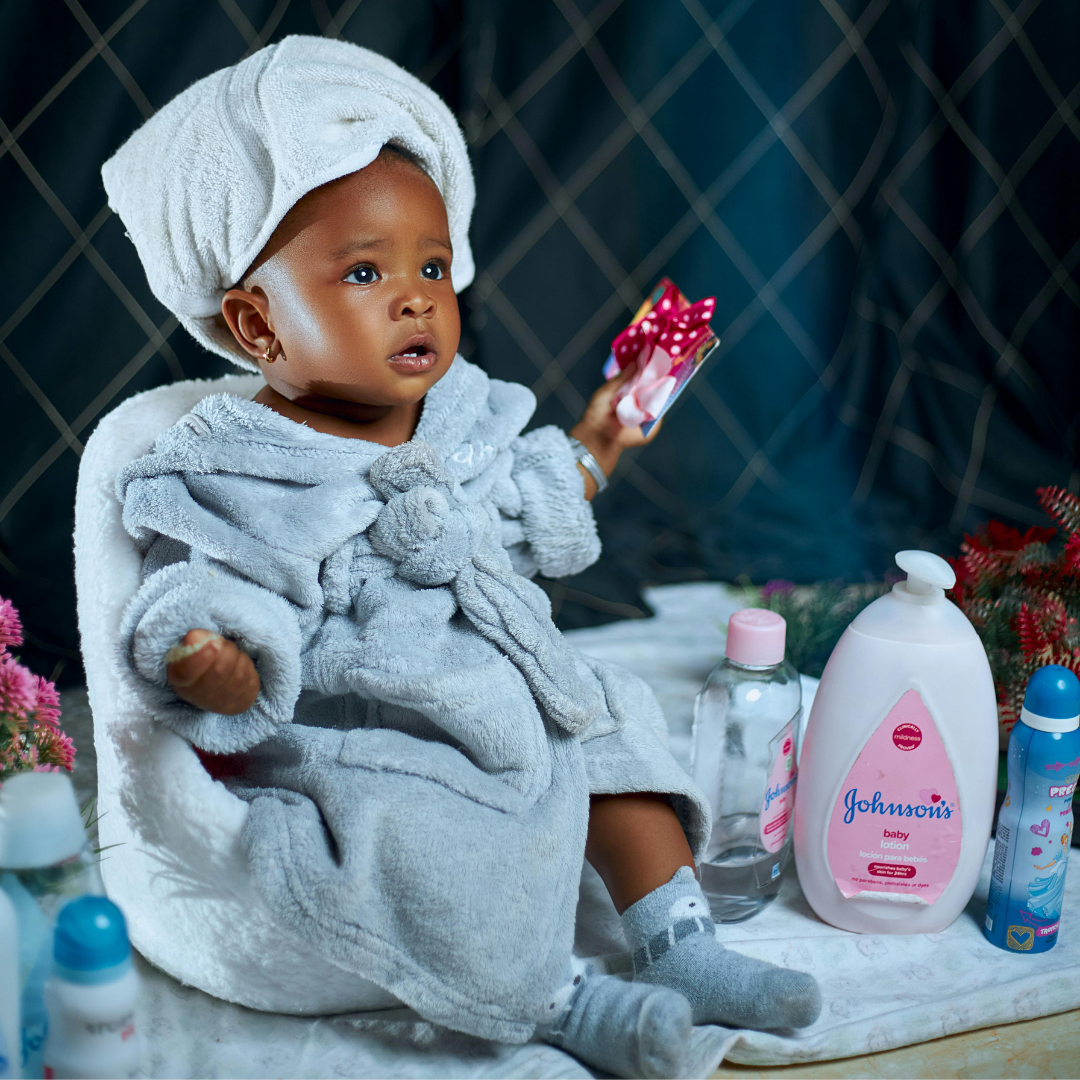If your little one fills the room with baby noises grunting, squealing, cooing, or even sudden cries you’re not alone. Many parents are surprised by how noisy babies can be, especially when those sleep noises happen during nap time or overnight. But the good news? Why it’s completely normal for babies to be noisy.
Why Are Babies So Vocal?
Every baby has their own unique personality some are Soft and subtle, while others seem to have been born with a built-in megaphone! These baby noises whether adorable or downright loud are a normal part of your baby’s vocal development. You might notice your noisy baby making sounds at different times, such as when they’re:
- Settling down for sleep
- Deep asleep
- Waking up
- Processing gas or digestion
- Learning to use their voice
In fact, according to early parenting expert, many baby noises are linked to sleep stages, reflexes, and even tummy development. That grunting or squealing sound at 3 AM? It could simply be your baby’s digestive system doing its thing.
Want to help your little one settle comfortably? Try soft and breathable Bamboo Muslin Swaddle Wraps perfect for soothing restless sleep.
Noises During Sleep: Should I Worry?
It’s common for newborns to spend a big chunk of their sleep—up to 75%—in REM (Rapid Eye Movement) sleep. During sleep, your baby might show signs like twitching, grunting, smiling, or rapid eye movement all of which are normal parts of a baby’s sleep cycle. You may also hear sudden noises or cries, often linked to the startle reflex, a common response in newborns that typically fades by 3 to 4 months of age. This lighter sleep stage can come with:
- Twitching
- Grunting
- Smiling
- Eye movement
- Sudden noises or cries
You may also hear sounds caused by startle reflexes, which are totally normal in newborns and usually fade around 3–4 months.
Pro tip: Swaddling (safely) can help minimize those sudden jerky movements and noises early on.
Crying vs. Normal Baby Sounds
It’s important to differentiate between your baby simply being vocal and actual distress:
| Normal Sounds | Possible Signs of Discomfort |
|---|---|
| Cooing and gurgling | Persistent loud crying |
| Grunting in sleep | Arching back while crying |
| Short cries then calming | Straining or wheezing sounds |
Still unsure? When in doubt, trust your instincts. Take a short recording of the sound and check in with your doctor if anything feels off.
Why Some Babies Are Noisier Than Others
Babies often make simple or normal baby noises like grunting, wriggling, and squirming during sleep, especially due to an immature gut/brain connection. They also spend a significant window in REM sleep, where crying during settling, twitching, or sudden noises are common. These are often linked to the startle reflex, which usually fades with age. Swaddling can help contain a young baby’s startle reflex, and some babies use sounds to self soothe or wind down, especially when learning a new developmental skill. If you hear noisy breathing or high-pitched sounds, it’s best to check with a healthcare provider .
Some factors that influence baby noise include:
- Personality and temperament
- Developmental milestones (like learning to babble or roll over)
- Digestive changes (e.g., starting solids)
- Sleep environment and routines
Support their vocal and motor development with our interactive Hanging Bell – a fun way to keep your baby moving and engaged!
When to Step In and When to Wait
Sometimes, the best response to a noisy baby is simply to listen and wait. Not every grunt or squeal needs an immediate cuddle (though we know how hard that can be!).
Try this gentle approach:
- Pause: Listen and observe your baby’s sounds.
- Interpret: Is it escalating into a cry? Or calming down to soft coos?
- Respond if needed: Gentle shushing, soft touch, or your presence might be all they need.
Remember: you know your baby best. If you’re ever unsure, there’s no harm in checking in as many times as needed.
What If It's Noisy Breathing?
If your baby makes high-pitched or raspy breathing sounds, especially while awake or feeding, it might be something like laryngomalacia a harmless condition where the soft tissues in their throat cause noisy breathing.
This usually resolves by the time your baby turns one, but always consult your pediatrician if you're concerned.
Final Thoughts: Embrace the Noise
Whether your baby is a peaceful sleeper or a midnight chatterbox, noisy babies are often healthy babies. These sounds whether they’re giggles, cries, or gurgles—are signs of growth, discovery, and development.
Noisy nights won’t last forever, but the memories of your baby’s early sounds will.
Explore More Helpful Reads:
Need support for your baby’s noisy nights? Browse full Newborn Essentials Collection for calming and development-friendly products.



0 comments